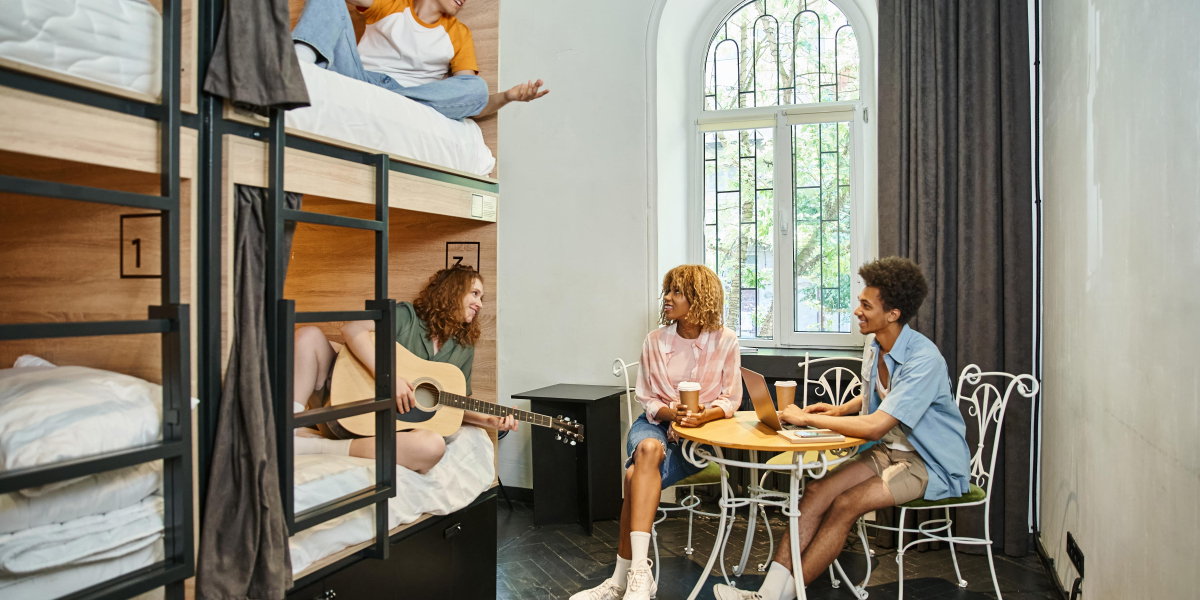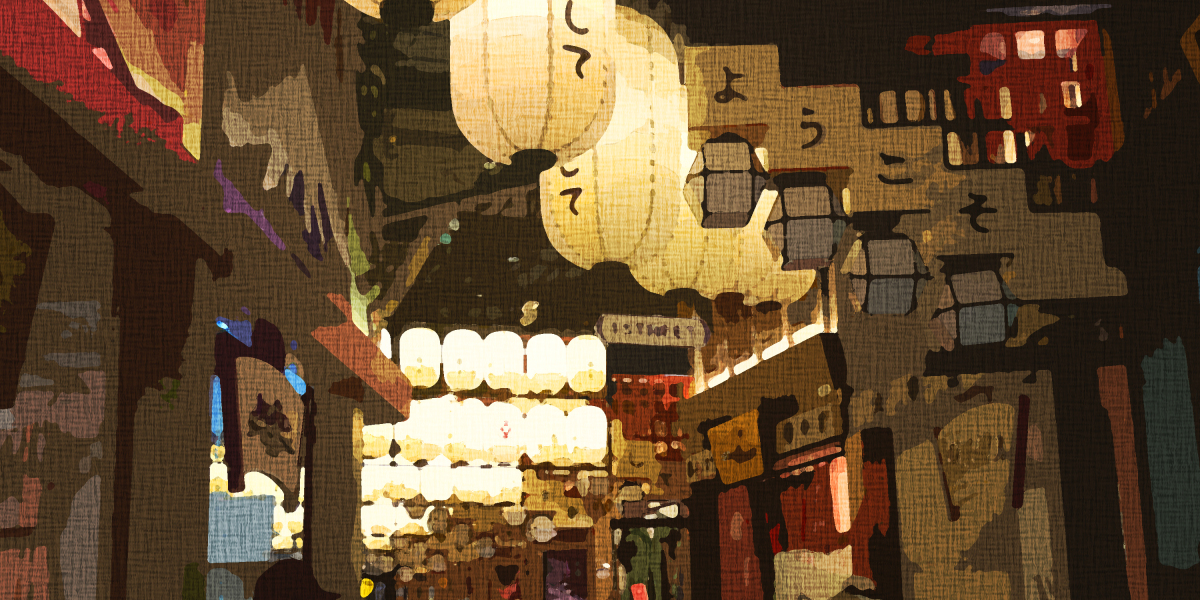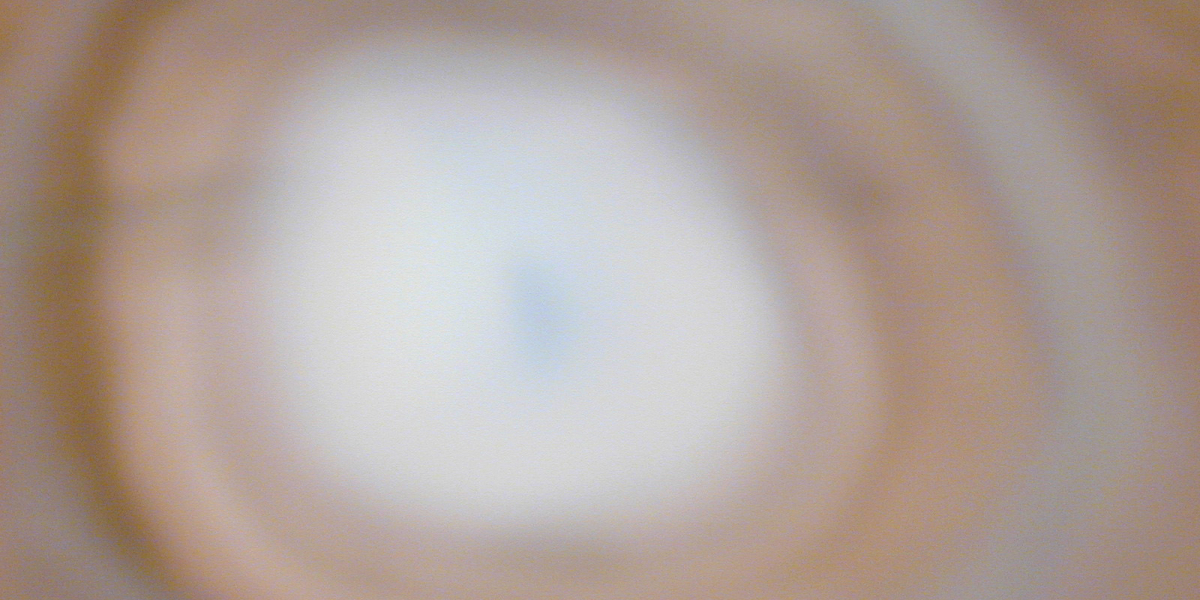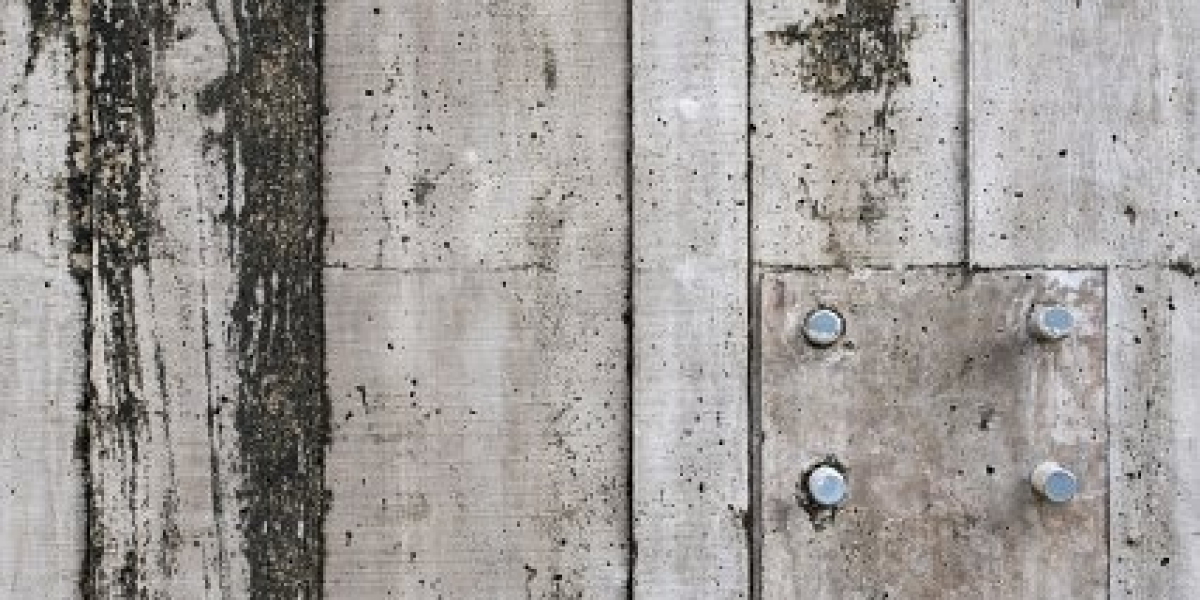Exploring Bunk Beds: A Comprehensive Guide
Bunk beds have long been a staple in kids's bedrooms, dormitories, and even homes with restricted space. Not just do they offer a useful sleeping service, however they likewise create a fun and creative environment for children and a great space-saver for adults and households. This short article will check out whatever you need to know about bunk beds in sale beds, from types and products to security pointers and buying advice.
Tabulation
- Kinds Of Bunk Beds
- Traditional Cheap Childrens Bunk Beds Beds
- Loft Beds
- Triple Bunk Beds
- L-Shaped Bunk Beds
- Product Options
- Wood
- Metal
- Security Considerations
- Buying Guide
- Frequently asked questions
Types of Bunk Beds
Bunk beds are available in numerous styles to suit various needs and choices. Here's a breakdown of the most common types:
Conventional Bunk Beds
Traditional bunks generally feature two beds stacked vertically on top of one another. These beds are perfect for siblings sharing a space or for maximizing sleeping space in guest rooms.
Loft Beds
Loft beds stand similarly to traditional bunk beds however do not have a lower sleeping location. Rather, they typically incorporate a desk or seating area underneath, making them a great option for little spaces requiring multifunctionality.
Triple Bunk Beds
Triple bunk beds are created for three occupants, with beds stacked in a three-tier configuration. These are less common but can be a fun solution for big families or sleepovers.
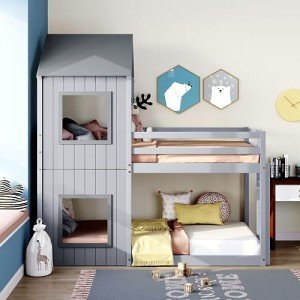
L-Shaped Bunk Beds
With one bed placed horizontally and the other vertically, L-shaped toddler bunk beds beds are frequently geared up with additional functions such as desks or storage drawers and can match corner spaces in a room.
Contrast of Bunk Bed Types
| Bed Type | Perfect Use | Description |
|---|---|---|
| Traditional | Shared bedrooms or guest rooms | Two beds stacked vertically |
| Loft | Small spaces requiring multi-purpose space | Upper bed with open space underneath |
| Triple | Large families or slumber parties | 3 beds stacked vertically |
| L-Shaped | Corner or flexible areas | A combination of vertical and horizontal beds |
Product Options
Bunk beds are made from various materials, with wood and metal being the most typical. Each material has its advantages and disadvantages.
Wood
- Resilience: Generally robust and can endure years of use.
- Visual Appeal: Offers a timeless look that can blend with numerous decors.
- Weight Capacity: Typically tougher; can support much heavier weights.
- Drawbacks: May be more costly than metal options and can be susceptible to scratches.
Metal
- Toughness: Generally lightweight and easy to move but still durable.
- Modern Design: Often is available in streamlined designs, making it appealing for modern spaces.
- Cost-Effective: Usually cheaper than wooden options.
- Downsides: Can be cold to the touch in winter seasons and may not have the very same aesthetic appeal for some buyers.
Safety Considerations
When it pertains to bunk beds, security can not be overlooked. Here are key security ideas to bear in mind:
- Guardrails: Ensure that the leading bunk has guardrails on both sides to avoid falls.
- Sturdy Construction: Check for a strong build and durable materials to stand up to weight and movement.
- Weight Limit: Adhere to the manufacturer's weight limit for both the upper and lower bunks.
- Ladder Design: Choose bunks with a safe, easy-to-climb ladder and prevent any sharp edges or rungs.
- Age Restrictions: Most producers suggest that kids under the age of 6 must not sleep in the upper bunk.
Purchasing Guide
When searching for bunk beds, consider the list below aspects to find the best suitable for your needs:
- Space Availability: Measure the space size and ceiling height, guaranteeing there is appropriate space for the leading bunk bed cheap.
- Bed Size: Decide between twin, complete, or bigger sizes based on your needs and the size of the room.
- Design Preference: Consider the general decoration of the bedroom to discover a suitable style.
- Ease of Setup: Look for a bunk bed that is uncomplicated to put together.
- Spending plan: Bunk beds come in numerous price varieties, so identify a spending plan before beginning your search.
FAQs
1. What is the suggested age for children to sleep on the top bunk?
Kids aged 6 and older are usually suggested to sleep on the top bunk to reduce the risk of falls.
2. How can I make my bunk bed safer?
To boost security, guarantee guardrails are properly set up and inspect that the bed is put on a flat surface area. Additionally, motivate kids to use the ladder thoroughly.
3. Can I convert a bunk bed into two separate beds?
Numerous bunk beds are created to be convertible. Check the manufacturer's specifications for convertibility functions.
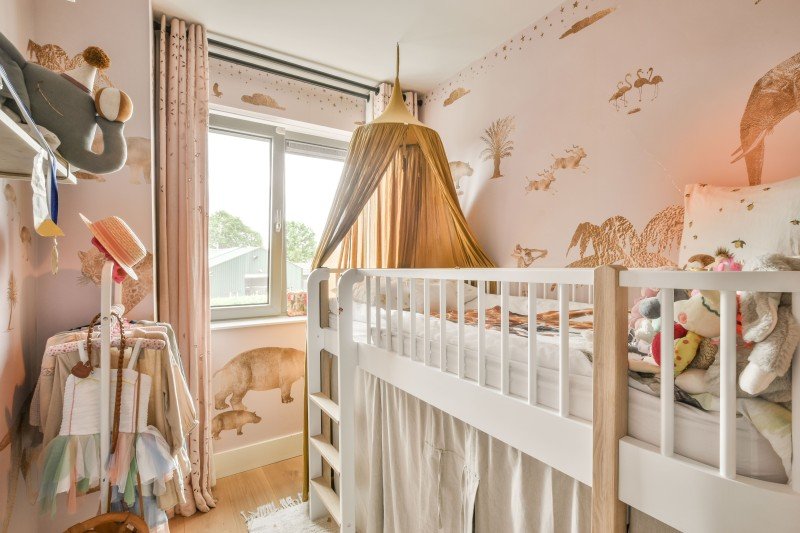
4. What accessories are offered for bunk beds?
Typical devices include bed linens, storage drawers, staircases instead of ladders, and tented canopies for a fun visual appeal.
5. How do I keep my bunk bed?
Routine checks for loose screws or structural integrity can assist ensure safety. Dust the bed frequently and tidy spills quickly to keep the products in good bunk beds condition.
Bunk beds are versatile and a space-efficient service for various living circumstances, from children's rooms to guest accommodations. With numerous designs and materials readily available, possible buyers have a wealth of alternatives to think about, guaranteeing a combination of usefulness and aesthetic appeals. By focusing on security and following the tips laid out in this guide, people can discover the right bunk bed that fits their space and way of life, all while producing an enjoyable sleeping environment.
